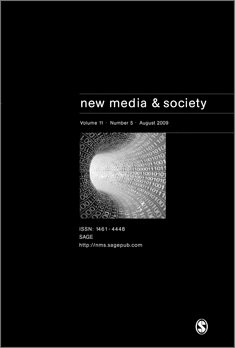
Academic publishing is a funny business – while double blind peer review is probably the best way we have at our disposal to assess the quality of scientific contributions, it is by no means a perfect system. This paper – “Right-wingers on the rise online: Insights from the 2018 Swedish elections” – was just published online published online before print in new media & society, which is considered a high-ranked journal in my field. Before I submitted it to that journal, the very same paper was desk rejected at another similarly high-ranked journal. Go figure. Anyway, the abstract reads as follows:
Political elections see several actors rise to the fore in order to influence and inform voters. Increasingly, such processes take place on social media like Facebook, where media outlets and politicians alike utilize seek promote their respective agenda. Given the recent rise of so-called hyperpartisan media—often described as purveyors of “fake news”—and populist right-wing parties across a series of western contexts, this study details the degree to which these novel actors succeed in overtaking their more mainstream or indeed established competitors when it comes to audience engagement on the mentioned platform. Focusing on the one-month period leading up to the 2018 Swedish national elections, the study finds that right-wing actors across the media and the political sector are more successful in engaging their Facebook followers than their competitors. As audience engagement is a key factor for social media success, the study closes by providing a discussion on the repercussions for professionals within the media and the political sector.
For those of you interested in reading the full paper, it is available on the publisher web page as well as in pre-print varieties over at ResearchGate and Academia.edu. This was also the first study published where I make use of data gathered by means of CrowdTangle – more to come…